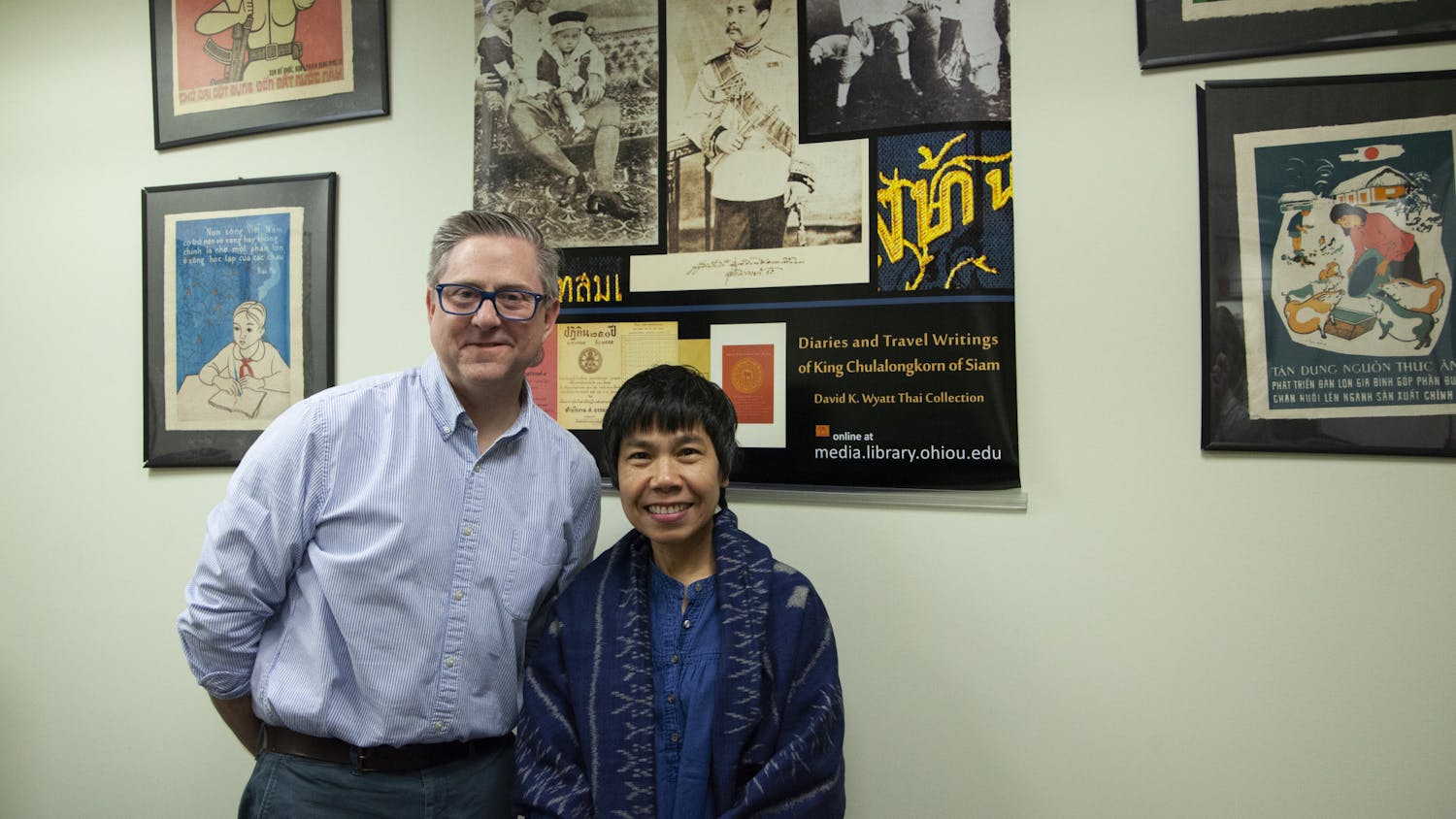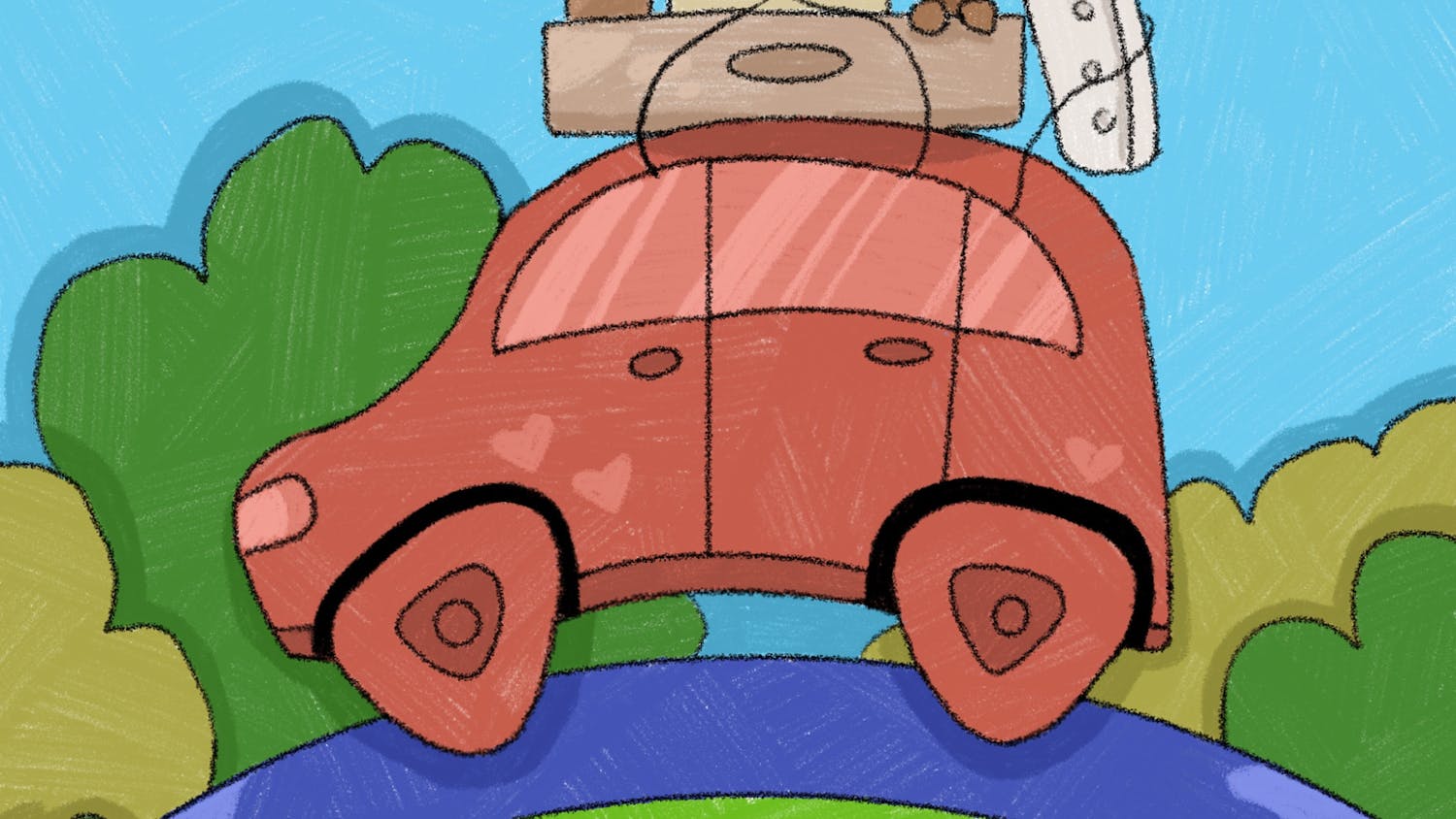College-aged Facebook users received a blast from the past earlier this month when The Learning Company released two games as applications for the social media platform.
The Oregon Trail and Where in the World is Carmen Sandiego? are the latest games adapted for Facebook or other nontraditional platforms.
"We are adapting our games to Facebook because Facebook provides a platform for us to be completely interactive and social with other game players," said Tony Bordon, president of The Learning Company.
With companies such as Zynga valued as high as $10 billion, according to the Wall Street Journal, both gamers and designers are increasingly turning to Facebook and other app-based platforms.
The business model used for these games, known as micro-transaction, is based on the expectation that users will want to ease or enhance their game experience. Instead of buying the game itself, individuals often play for free but purchase add-ons.
"You can purchase on The Oregon Trail, for example, an enhanced wagon for when you're socializing with your friends," Bordon said. "They may show up and see your wagon is really sort of decked out as much as it could be in 1848."
John Bowditch, director of Ohio University's GRID Lab, said the new business model has altered the way companies sell their games.
"It's kind of redefined the 'You gotta give away the razors to sell the blades' model," Bowditch said. "In this case, the games have become the razors."
Bowditch added that he is surprised the micro-transaction model has worked because gamers are effectively swapping real money for virtual goods. It works, however, because of the size of the purchases.
"I think the reason it's been so successful is because the transactions are so small. ... When you break it down into $5 at a time, it doesn't seem as much as spending $60 on a game at Walmart or GameStop," Bowditch said.
Designers who focus on Facebook and other app-dominated platforms want to increase interaction between users as well as draw feedback from them.
After launching The Oregon Trail on Facebook, Bordon said The Learning Company heard both positive and negative feedback from players. As a result, the company could adapt the game to better fit what users wanted.
"It allows us to further build out the game in a way that will accommodate our user behavior and what they're asking for. ... We literally collaborate through the social environment with our users to continually build the game to our customers' liking," Bordon said.
Just as important to The Learning Company and other developers is the ability of gamers to interact with each other, whether during gameplay or by earning bragging rights.
"Achievements like badges and trophies mean absolutely nothing in the real world, but they mean absolutely everything to a gamer," Bowditch said. "Most gamers will play a game over and over again until all the achievements for that game are unlocked."
For games such as The Oregon Trail, these achievements are displayed on the users' Facebook wall. Apple, meanwhile, has created the Game Center app, which allows multiple users to play the same game or view each other's accomplishments.
Kyle Perkins, a 2010 OU graduate, is a member of the company Lightborne Lore. The company developed and will soon release a game called Cracked for Android, the iPad and the iPhone.
Cracked, which is about a thief apprentice trying to find his missing father and uncover a decades-old mystery, will incorporate a leaderboard allowing users to view each other's progress in the game.
"Gamers love to show off, and a lot of these marketplaces are creating ways to easily show your friends how many games you've played, how many hours of game you've played and different achievements you've gotten by playing those games," Perkins said.
Perkins added that instead of featuring the micro-transaction model, Cracked would be episodic, meaning it will come as smaller one- or two-hour-long "episodes."
The advantages to that model are that once the first episode is completed, many of the elements are in place to quickly replicate the work in the future.
"You have an engine, you have art aspects and you've got a lot of your code already written," Perkins said. "Then more episodes can be produced for a fraction of the time and cost."
Bowditch said that while most big-budget games require several hundred people and two or three years of time, someone developing a downloadable game or app needs only about $100, a middle-of-the-line computer, two or three people, and three to four months of time.
"The best thing that's happened to gaming with the introduction of mobile gaming and the introduction of social media games is the field has widened so much. ... We're exposed to games everywhere we look," Bowditch said. "As a game instructor, I find that exciting. I think it's going to really make for a very dynamic medium."
@ThePostCulture





